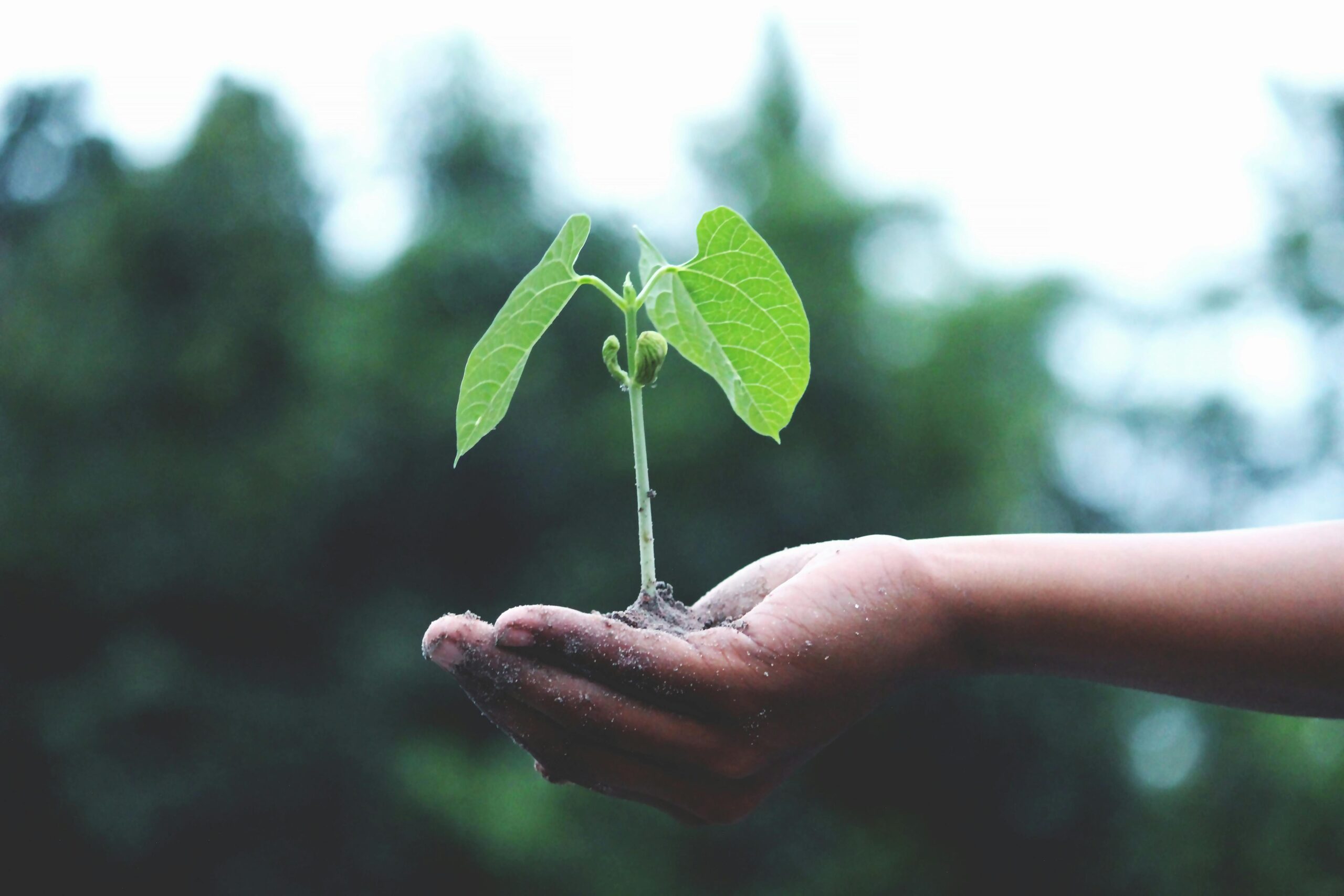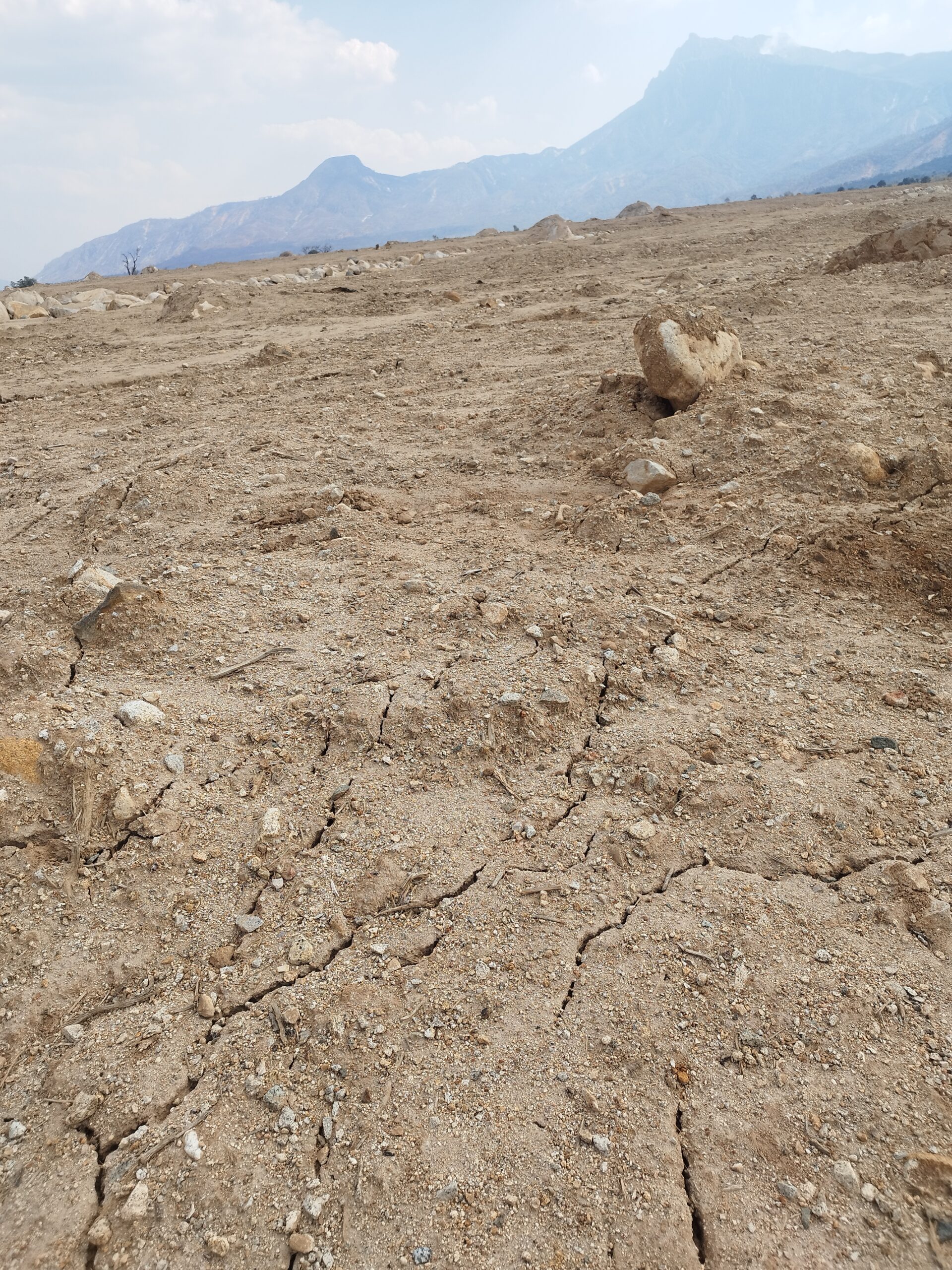
This year’s theme for World Environment Day is focused on land restoration, desertification and drought resilience under the slogan “Our land. Our future. We are #GenerationRestoration.”
With its emphasis on the future – this year’s theme couldn’t be more critical because if we are to curb the disastrous effects of global warming then restoring our soils and landscapes plays a key role in not only absorbing CO2 emissions but also ensuring that we can continue to produce our food.
Land degradation strips away nutrients in the earth’s topsoil meaning agriculture and plant life struggles to grow and as extreme weather becomes more and more common, degraded soil also minimizes the absorption of water leading to floods and placing wildlife in jeopardy.
Healthy soils store massive amounts of carbon, which, when released, causes huge spikes to planetary warming. Beyond global warming, land degradation has also contributed to water scarcity which effects all of us.
According to UN Water: “Over the past two decades, land-based water storage—including soil moisture, snow and ice— has dropped at a rate of 1 centimetre per year with severe ramifications for water security and food production”
But what can be done?
Thankfully it’s not all doom and gloom, despite the climate crisis it’s important to focus on the positives and the BIG fact that we can indeed reverse the damage we’ve caused and protect our environment.
In Ireland this is seen by action to protect our bogs, for example, as bogland is a landscape which is as important as the Amazon rainforest not only for rare wildlife but its role in preventing the greenhouse effect. Equally, movement to climate smart agricultural practices is crucial if we are to ensure we can produce our food and conserve our water.

Aftermath of Cyclone Freddy landslide leaves acres of land barren, Malawi.
“Every five seconds, the equivalent of one football pitch of soil is eroded. Yet, it takes 1,000 years to generate 3cm of topsoil” (UN Food & Agriculture) because of this soil is a finite resource, meaning that its degradation is not recoverable within a human lifespan.
With these facts in mind, a sustainable future is not a choice but a necessity.
Caring for our common home is a collective endeavour and in the global south, suffering the greatest from climate change, climate actions need to be made urgently not only to ensure food security for their communities and generations to come but contribute to efforts to cool the planet.
At IJI, we work with several marginalised communities in South Sudan and Malawi and our efforts to empower and improve the lives of rural people is centred on sustainability in a number of ways from trainings on climate smart farming which is both adaptive to harsh weather conditions (addressing poverty and food insecurity) and conscious of our impact on the environment to eco-friendly fertilisers, agroforestry and beekeeping which helps enrich soils and promote biodiversity.
Desertification is a major problem in East Africa, where the majority of our projects are based, and in Malawi for example, this has come as a consequence of deforestation as precious topsoil is washed or blown away as land is overcultivated or overgrazed and trees and forests are cut down. Through our education projects and collaborative training programmes, these communities are given practical tools and approaches to enhance their crop yields, improve their livelihoods and protect their local environments.

For more information on our sustainability projects, including our eco-villages
click the link: here
And for details on ‘Laudato Si’ and Pope Francis’ global mission to care for our common home, visit: the Laudato Si Action Platform, to see how you can make a difference!
Featured image credit: Akil Mazumder

